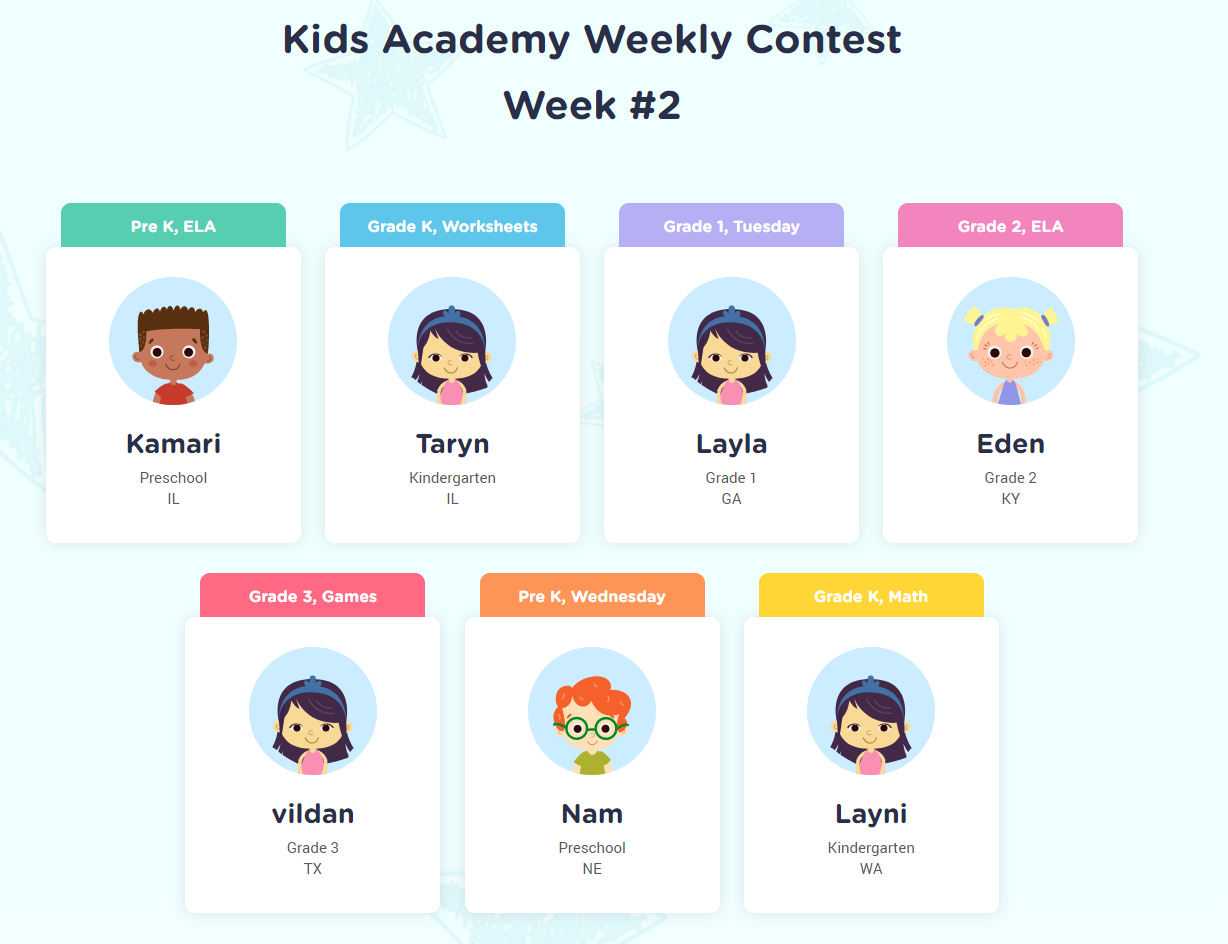Logical Reasoning Normal Math Worksheets for Ages 3-5
10 filtered results
-
From - To
Unlock your child's potential with our Logical Reasoning Normal Math Worksheets for ages 3-5! Designed to promote early critical thinking and problem-solving skills, these engaging worksheets introduce foundational math concepts in a fun and interactive way. Each activity encourages creativity and logic through colorful illustrations and age-appropriate challenges, making learning enjoyable and effective. From simple patterns to basic comparisons, your child will develop essential reasoning skills while fostering a strong love for math. Perfect for parents and educators alike, these worksheets are an invaluable resource for nurturing young minds. Dive into a world of logical fun today and watch your child thrive!


Sorting Animals in 3 Groups Worksheet


Enrichment -2 Step Word Problems Worksheet
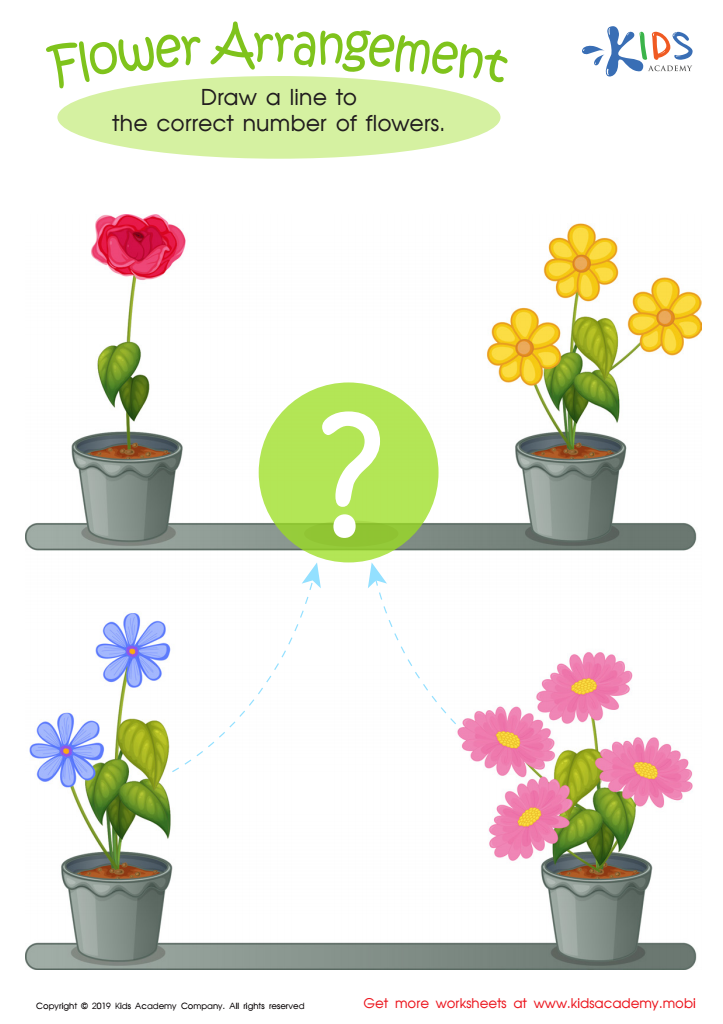

Flower Arrangement Worksheet
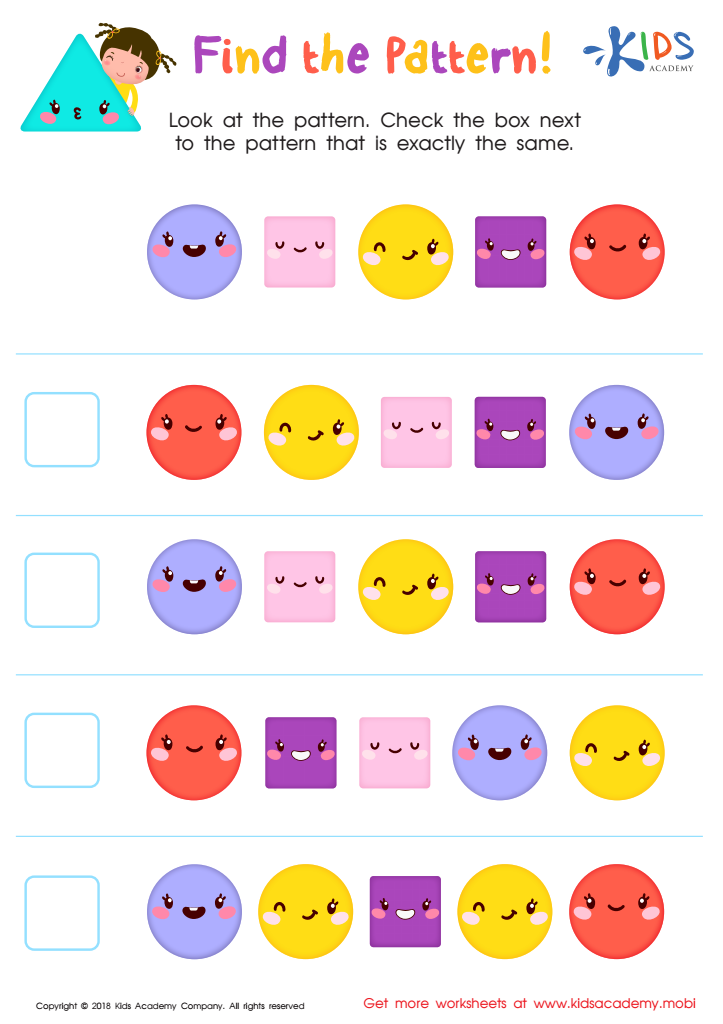

Find the Pattern Worksheet
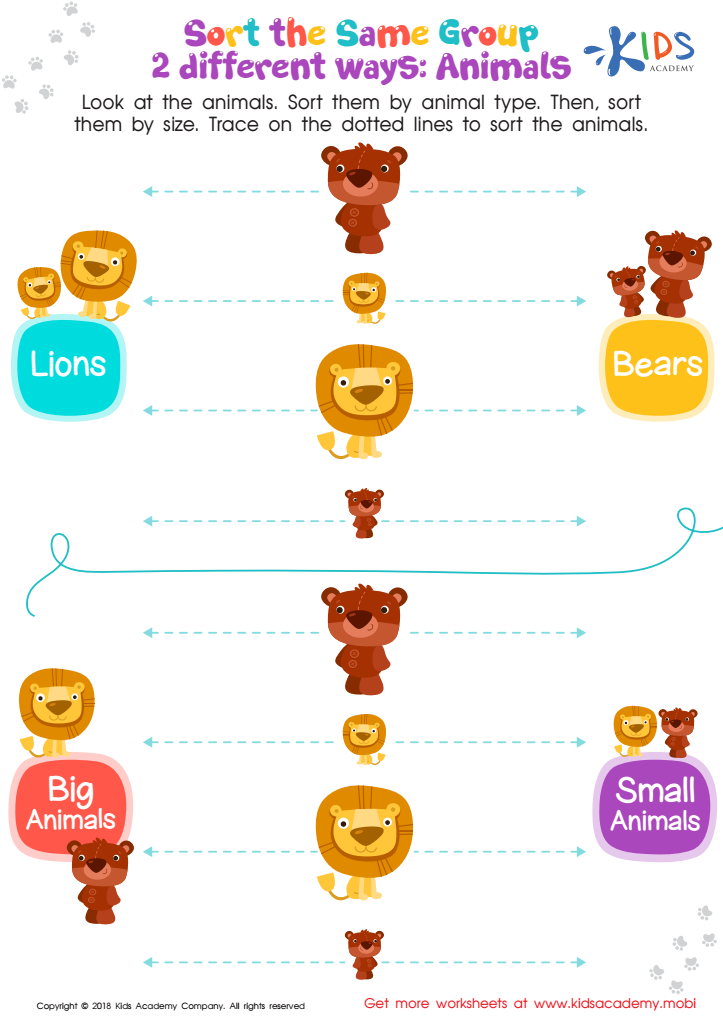

Sort the Same Group 2 Different Ways: Animals Worksheet


Solve the Problem: Trick–or–treating Worksheet


Word Problems: Assessment 2 Worksheet


Addition and Subtraction: Word Problems Worksheet
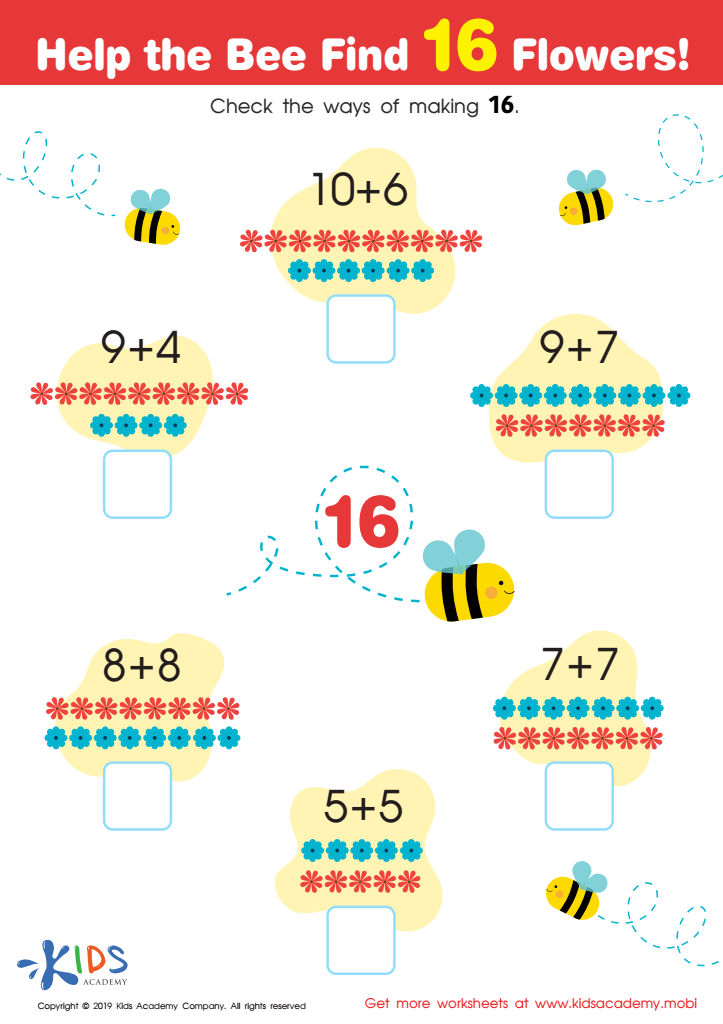

Help the Bee Find 16 Flowers Worksheet
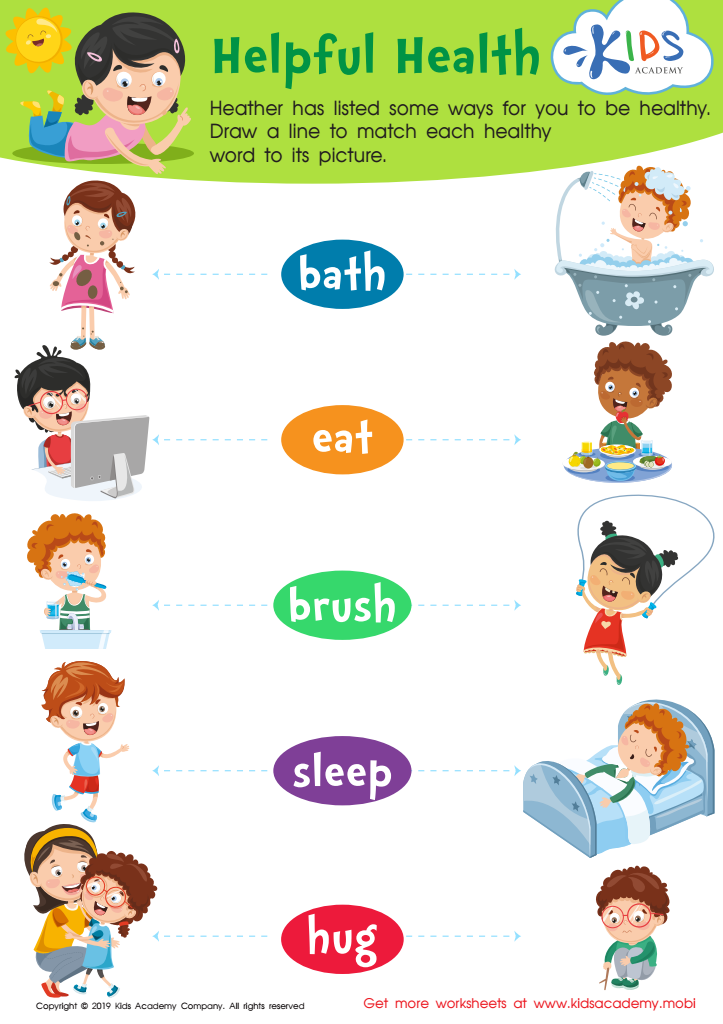

Helpful Health Worksheet
Logical reasoning and basic math skills are foundational elements in early childhood education that significantly influence a child's cognitive development. Starting as early as ages 3-5, children are naturally curious and absorb information rapidly. Engaging them in activities that promote logical reasoning fosters critical thinking, problem-solving abilities, and decision-making skills.
When parents and teachers prioritize logical reasoning and normal math, they lay the groundwork for academic success. Skills such as recognizing patterns, understanding before-and-after concepts, and identifying relationships between objects not only enhance mathematical abilities but also improve verbal skills and comprehension. Interactive activities such as sorting, classifying, and simple counting exercises develop both cognitive and motor skills, making learning fun and engaging.
Moreover, these competencies contribute to a child’s self-confidence and perseverance as they tackle challenges. Learning math and reasoning at an early age diminishes math anxiety and equips children to approach more complex subjects in later years. The skills developed in this early stage are crucial, as they serve as building blocks for future learning, enabling children to thrive academically and socially, reducing achievement gaps later in their education. Thus, supporting logical reasoning and math during these formative years is vital for holistic child development.
 Assign to My Students
Assign to My Students








